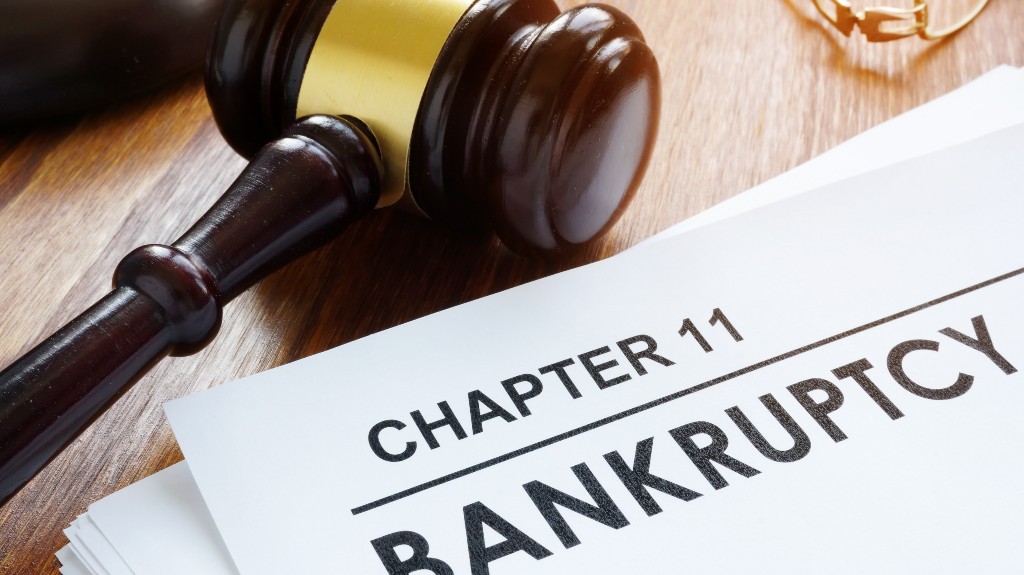
Chapter 11 bankruptcy has a lot of negative connotations associated with it. The reality is that filing bankruptcy is done in an effort for the company to stay in business and take care of as many of the vital business components that it can. This includes ensuring that it can treat employees as fairly as possible in the event of a bankruptcy filing.
Reorganization of debt is the primary process of a Chapter 11 bankruptcy. This reorganization is necessary when the expenses for the company are more significant than its income. An organization’s main expenses often include wages and healthcare for employees and overhead and other running costs.

Due to the workforce being the main expense that the company can no longer cover to remain in business, it is common for layoffs to occur when a Chapter 11 filing happens. However, if the company has at least 100 full-time employees at the time of the filing, and when 50 or more will be affected by the reorganization filing, the WARN Act makes it a requirement that the employees receive a 60-day notice of impending layoff or shutdown. Any company that has these qualifications and does not provide a 60-day notice may be liable to pay the wages out for any affected employees.
In terms of employees being paid their wages, there are several scenarios for a Chapter 11 bankruptcy.
Employee is owed a wage when Chapter 1 is filed. In this scenario, the employee should receive their regular paycheck. As part of the reorganization, the company will keep paying the employee their salary as long as they stay in business.

Employee was laid off before Chapter 11 was filed. If the company still owes the employee wages, the employee essentially becomes one of the company’s creditors. Unfortunately, this puts the employee in a pool with other creditors, and they may have to wait to receive the money they are owed and may not receive it in full. However, suppose the wages were earned within 180 days of filing and did not exceed $13,650. In that case, their salaries will be considered a priority with the expectation that they are paid before other debts.
For union workers, the rules are entirely different when it comes to Chapter 11 filings from the company they work for. Union contracts are not protected under Chapter 11, and the company may even reject the collective bargaining agreement contract if they are no longer able to meet its terms.
Bankruptcy filing companies often file Chapter 11 to negotiate new union contract terms. If the company rejects a union contract, it can cause a domino effect of issues for the company if it is unable to reach an agreement with the union. This could even cause the case to be converted over to Chapter 7 liquidation bankruptcy.
Any independent contractors can file priority claims for any commissions that they earned doing work for the company. It can also be considered an administrative claim if they made 75 percent of their commission during the year before the company filed for Chapter 11.
If you have questions about the reorganization of your company’s debt, contact the Wisconsin Chapter 11 bankruptcy lawyers at Kerkman & Dunn at 414-277-8200 or fill out the form on this page.
Nothing in this post is, nor should be construed, as legal advice. Blog postings and site content are available for general education purposes only.